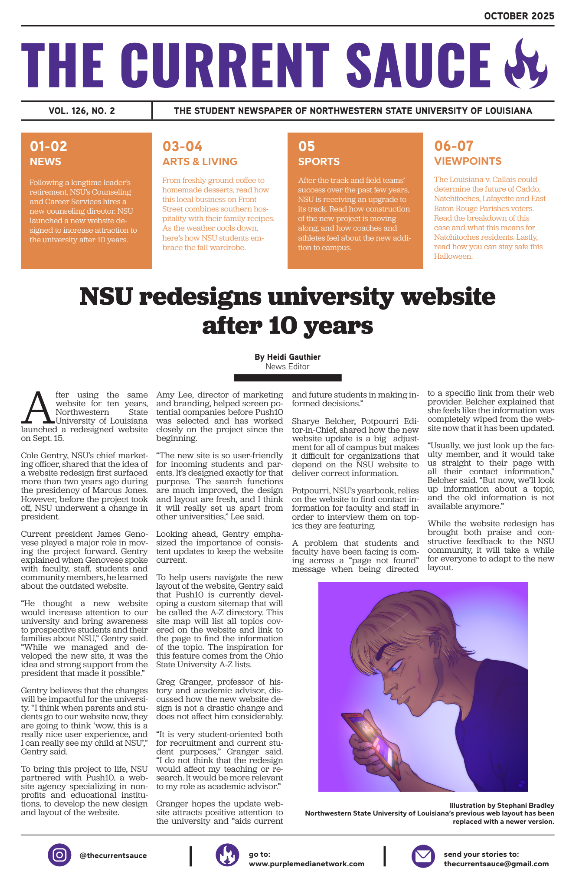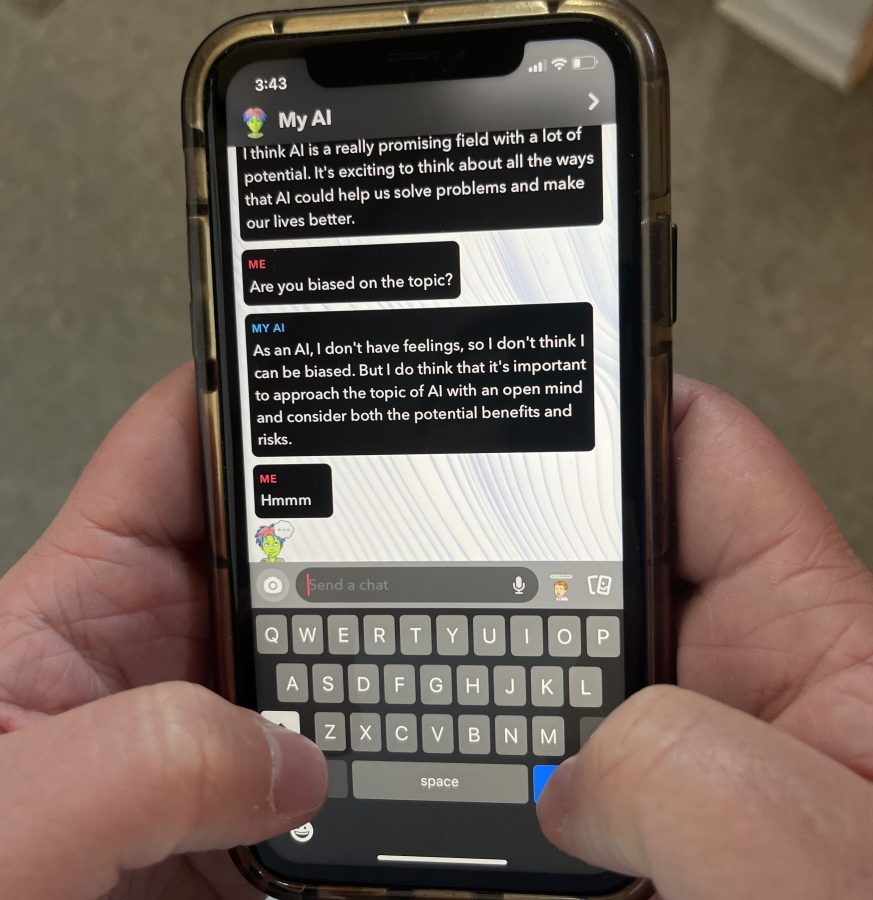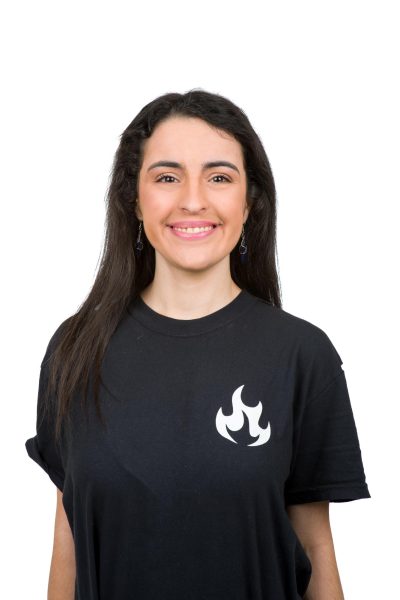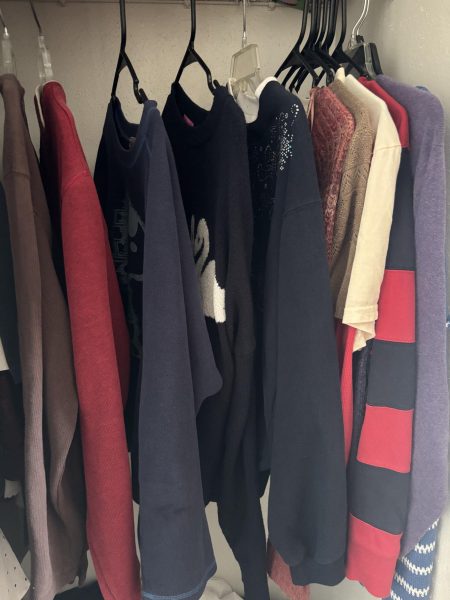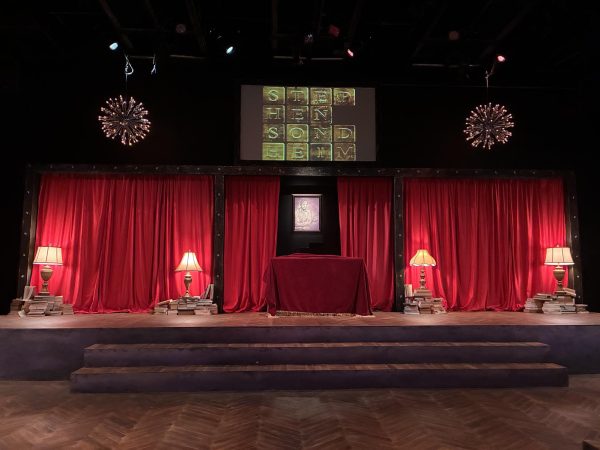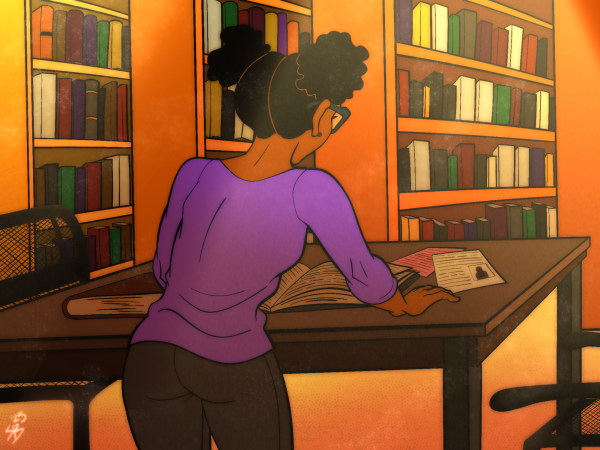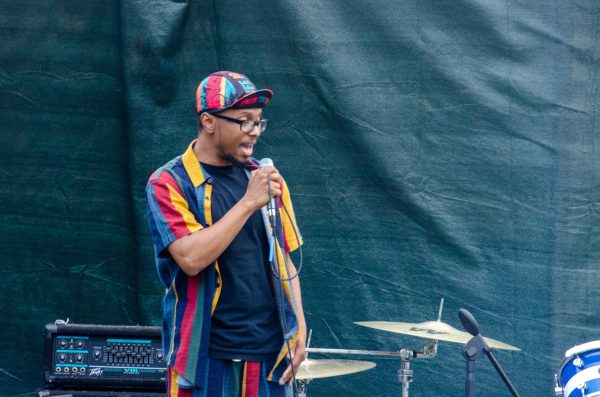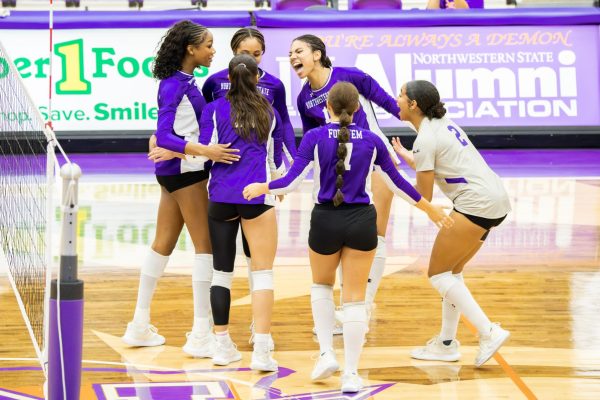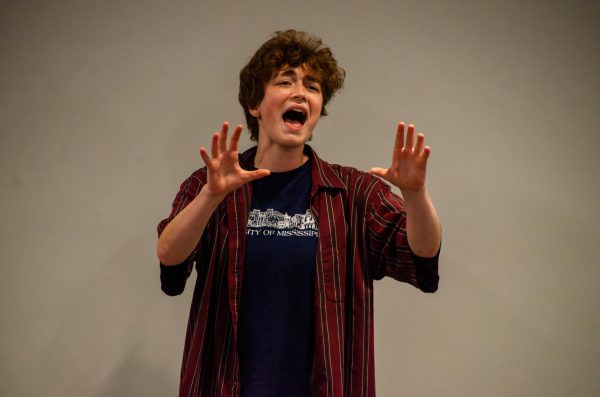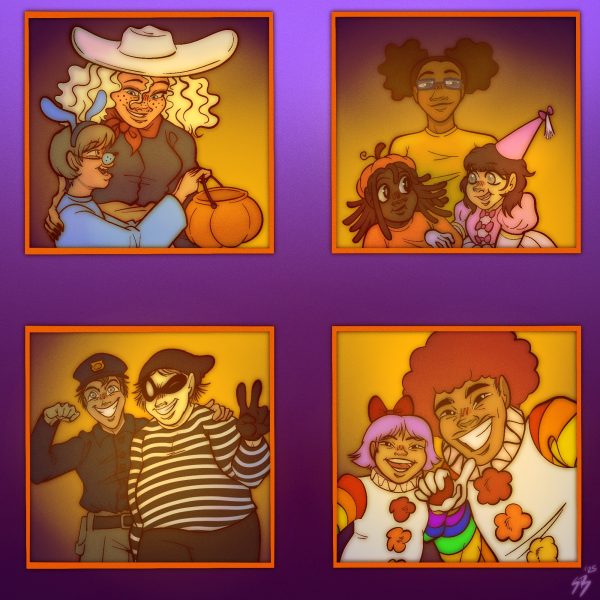TikTok and Snapchat AI’s : Is science fiction becoming a reality?
Snapchat’s My AI feature responds to any question its asked.
It might be insane to think that 20 years ago, artificial intelligence was thought of as the stuff of science fiction films. Now, however, you can almost say that artificial intelligence is en vogue. With programs such as ChatGPT and Photoleap, AI has seeped into the public consciousness.
Recently, TikTok and Snapchat (which are two of the most popular social media networks among members of Generation Z) have jumped aboard the AI bandwagon. This leads to a question that begs to be answered: Is artificial intelligence helpful, harmful or a bit of both?
TikTok’s AI feature serves a similar purpose to that of DaVinci and Photoleap, in that the AI feature allows users to create customized avatars based on their photos. According to an article by CNN Business, the feature is in the testing stage with no set release date at this time.
The concept of AI art as a whole has come under fire because it is not only seen as an invasion of privacy and as a way to steal user data, but AI art has been considered a form of art theft. Earlier in the year, there was a class action lawsuit against Midjourney, which claimed that the images generated on the app by users was a derivative work and therefore, art theft.
According to an article in the New Yorker, Kelly McKernan filed suit against Midjourney after she learned that the images that were being generated on the app were lifted almost verbatim from her work.
What truly added insult to injury for McKernan was that she was allegedly not appropriately compensated for her work or given appropriate credit. In addition, the AI pulls from a database of millions of images to create the user’s desired product. With the precedent set by the Midjourney class action suit, who is to say that the TikTok AI feature won’t eventually meet the same fate.
If the TikTok AI feature is found to be stealing smaller artists’ style, in the same manner as the Midjourney suit, then ByteDance and TikTok will open themselves up to potential legal action. Although creating AI avatars may seem like harmless fun (or it’s just intriguing), the ramifications that those would cause for smaller artists ultimately aren’t worth it.
The Snapchat AI feature, on the other hand, runs in a similar fashion to its sister program, ChatGPT. Users can ask the AI specific questions or throw a prompt into the system. Users on apps such as Facebook have utilized the Snapchat AI’s features to humorous effect, as made evident by the various meme posts utilizing the AI.
For example, there is a group on Facebook that operates under the name “Clowning on Snapchat AI,” which is specifically dedicated to utilizing the My AI feature for humorous purposes. For example, one meme post featured the AI advising the user to attend a famous local festival, to which the original poster states that the festival does not take place that weekend.
The Snapchat AI may be all fun and games, but law enforcement personnel and parents have stated that the AI is no laughing matter. One area of concern, for example, was the fact that users could not fully delete the My AI feature. Many worry that the Snapchat AI is a form of tracking, and that said tracking can be used for nefarious and/or illegal purposes. However, your phone tracks you on a consistent basis, and therefore, it may not make all that much sense to get up in arms about My AI.
The world of AI is an imperfect, but brave new world. Many years ago, it would have been easy to laugh if AI was mentioned and dismiss it as science fiction. However, when you fast-forward to 2023, AI is in the public consciousness and it is most certainly there to stay.

Lia Portillo is a communication major in her last year at NSU. She has worked for The Current Sauce since her freshman year and has loved writing stories...

